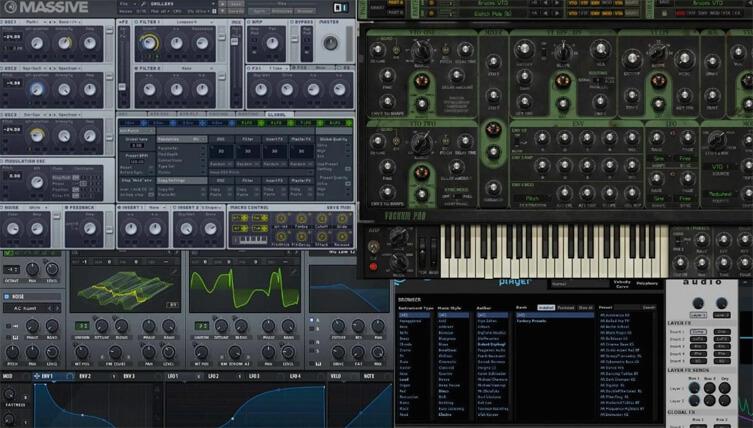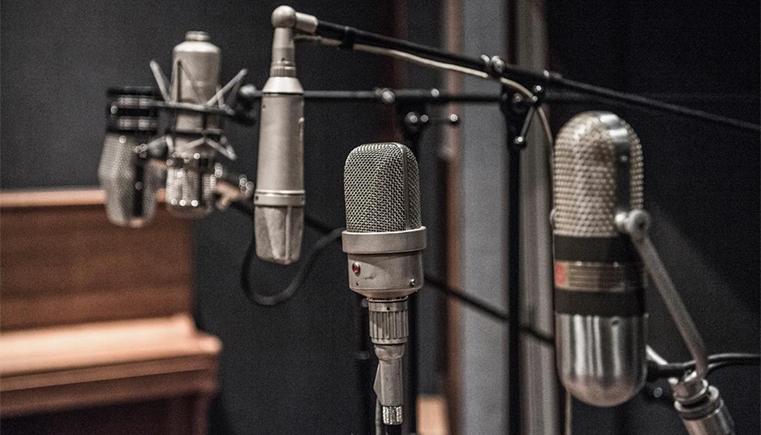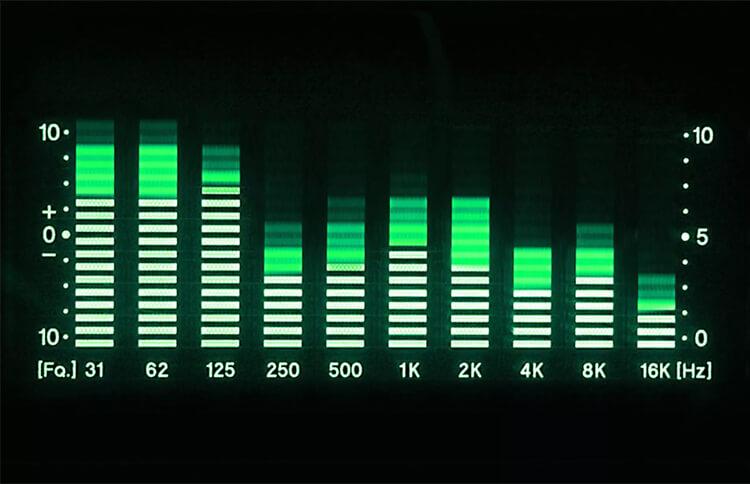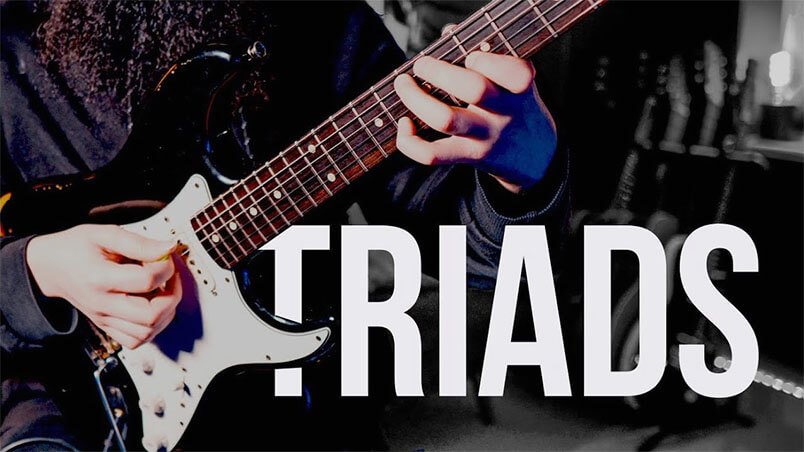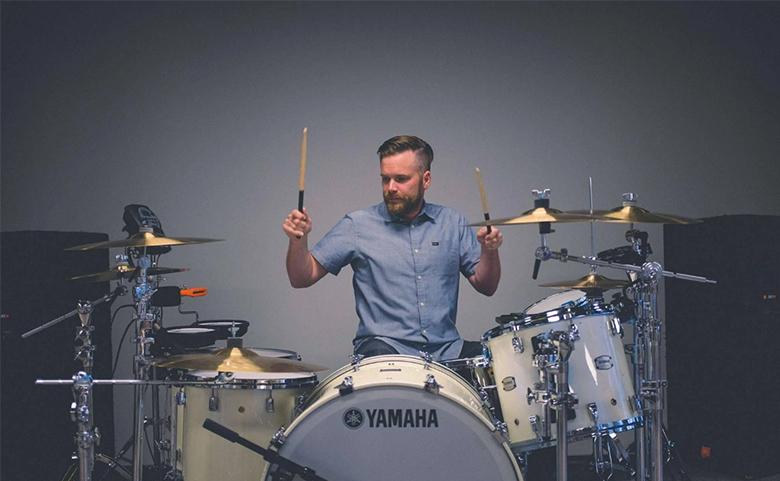Digital Music Distribution
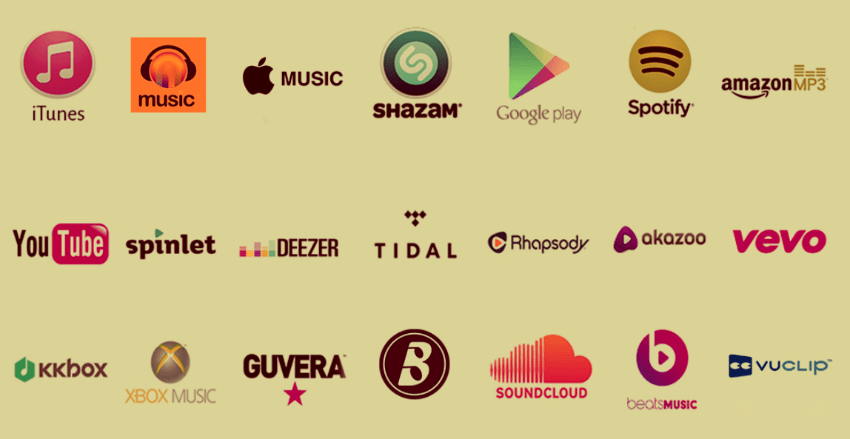
Today, musicians can promote their works directly, without having to sign contracts with major music studios. Such access to a wide audience opens up new horizons for artists, but requires a careful approach. It is important to study the terms and conditions that distributors offer before presenting your music to the public.
In this article, we’ll break down the importance of music distributors and compare several of the leading companies in the industry to help you choose the most suitable partner to promote your music.
In the United States, the music industry employs approximately 102,000 professional performers who devote their lives to this art. When amateurs and those not yet signed to a label are included, this number increases significantly. It’s important to understand how to make your music stand out, especially in the digital age.
The digital music distribution process is complex and involves many aspects, such as choosing the right distributor and promoting the album or single. This guide will provide helpful guidelines to help you successfully get your music onto streaming services.
What is Music Distribution?
The process of music distribution involves posting your recorded tracks to streaming platforms such as Spotify, as well as various digital platforms and social media platforms. Music distributors collect all the necessary materials, including masters, lyrics and album covers, and deliver them to the selected platforms on the set release date.
How Does It Work?
Music distributors can offer their services on various terms: for a subscription fee, an advance payment or a percentage of royalties. Depending on the popularity of the artist, distributors help get the music onto major platforms and music stores. They also collect and distribute royalties, ensuring they are returned to the artist.
What is a Distribution Deal?
In today’s music business, independent artists have greater opportunities to distribute and promote their work. Instead of signing traditional contracts with labels, they can enter into agreements with distributors. Under such arrangements, labels typically receive a portion of the royalties but do not require the transfer of copyright. This type of agreement allows artists to retain more control over their creative work, as opposed to “360 deals” which often involve assigning various rights to the label.
Ensuring Your Music is Ready for Release
Before releasing a new track, it’s important to make sure it meets your quality standards. These standards may vary; for example, for a lo-fi EP recorded on old equipment, perfect audio clarity may not be necessary – and that’s absolutely fine! However, if you’re aiming for a professional sound, proper mixing and mastering is key.
Mixing requires both technical skills and a keen ear. With the right tools, you can mix tracks yourself using online resources. We recommend checking out Amped Studio, which provides a full suite of mixing and mastering tools, including equalizers, compressors, and auto-mixing features. Whether you’re a beginner or a pro, you can create tracks that sound like they’re ready for broadcast.
Why Use Digital Music Distribution Services?
You can certainly sell your tracks on CDs or vinyl if that appeals to your audience. However, it should be remembered that these formats remain niche. Today, the vast majority of people prefer to listen to music through streaming services. For example, Spotify has 600 million monthly active listeners, and platforms like Apple Music and Tidal also attract significant numbers of users.
To reach a wide audience, it is important to use these streaming platforms. However, many of them do not allow you to download music directly due to the large volume of incoming tracks. This is where digital music distributors come to the rescue.
In the next section, we will discuss the key players in this field. These companies act as intermediaries between musicians and streaming services. While it’s not always necessary to use their services, they can greatly help you grow your audience.
How to Release Music Online: Finding a Distributor
If you’re planning on getting your music on Spotify and other streaming platforms, the process is quite simple: choose a music distributor. You will need to send them your mastered tracks and album artwork. In some cases, you may need to provide additional information such as track titles and lyrics.
After receiving all the necessary data, the distributor will upload your music to the various platforms with which it has partnerships. Load times can vary from a few minutes to several days, depending on the specific platform. One of the most difficult tasks is choosing the right distributor, as there are many options. Here are some popular services:
- DistroKid;
- CD Baby;
- Ditto Music;
- TuneCore;
- United Masters;
- Amuse;
- Level Music.
We recommend conducting thorough research to choose the music distribution service that best suits your needs and budget. In the next section, we’ll look at important factors to consider when choosing a distributor.
How Does Music Get to Streaming Services?
To get music onto platforms like Spotify and other digital streaming services (DSPs), artists need to use the services of a music distributor. Unfortunately, this is a prerequisite, and there are no other options.
As for record labels, they also use distributors to deliver music to digital platforms. The only exception is the major record companies such as Sony, Warner and Universal. These companies control a significant portion of the world’s music catalog and are able to work directly with digital platforms, bypassing intermediaries.
Why Don’t Digital Platforms Work Directly with Artists?
The main reason digital platforms don’t engage directly with artists is the sheer volume of content. For example, DistroKid releases about 35,000 tracks daily. Digital platforms are more comfortable working with 20-30 distributors than with numerous individual artists. Spotify previously had a beta program that allowed a limited number of artists to upload music directly, but that project remained in testing and was shut down.
What Should You Consider?
Price plays a key role when choosing a digital music distributor, and each distributor has its own pricing model. Some popular platforms charge a monthly or annual fee to support your music on streaming services, while others may charge a one-time fee and a percentage of your earnings.
For example, CD Baby lets you download a single for $9.95 or an album for $49, but also keeps 15% of your earnings. This means that if your track or album becomes popular, CD Baby will take a significant share of the profits. If you’re expecting big success with your music, DistroKid may be a better choice, since it charges $19.99 per year for unlimited downloads and doesn’t take a percentage of revenue.
It’s also important to ensure that the distributor you choose supports all of the digital channels you need. Most such as Spotify and Apple Music are included in all packages. However, if you want to post your music on dedicated platforms like Beatport or Deezer, make sure your distributor offers this option.
Before submitting your music to distributors, make sure you have the rights to use all samples in your tracks. Ignoring this requirement may lead to legal consequences from copyright holders. Whenever possible, use free samples or purchase licenses for the materials used.
What Do Distributors Actually Do?
First, distributors collect metadata about music releases from rights holders such as artists and record labels. This metadata includes information such as artist name, release title, tracks, cover art, master, release date, and other important details. Distributors review this data for compliance with standards in a process called moderation. If all parameters are correct, the information is transferred to digital platforms.
Secondly, distributors collect revenues from digital platforms and distribute them to rights holders (artists or record labels), in whole or in part. Income is generated when a track is played by a user on the platform for more than 30 seconds.
Can You Release Music for Free?
If you’re on a tight budget, you might be thinking, “How can I release my music if I can’t afford a distributor?” The good news is that there are several affordable and cost-effective solutions.
Platforms like Soundcloud, Bandcamp, and YouTube allow you to upload music without fees or royalty fees. We recommend using these resources even when working with digital distributors.
However, if you’re serious about growing your music career, it’s important to make your music available on all major platforms. Many services offer relatively low rates, which can significantly increase your audience.
Is It Possible to Make Money from Your Music?
Making money from your music through platforms like Spotify or Apple Music is possible, but can be challenging. Streaming services pay royalties to distributors and rights holders, who then pass those funds on to performers.
Unfortunately, these payments are often quite low. The amount you receive depends on the platform. For example, Spotify pays out around $0.0033 per listen.
In comparison, you would need over a million streams to earn $3,300. While it is possible to make money from streaming, if your releases gain significant popularity, it may not be enough.
From 2024, Spotify will only start paying royalties on tracks that are streamed more than 1,000 times a year. If your release does not reach this threshold, you will not receive payments from the platform.
To generate significant income from your music, consider the following additional sources of income:
- Conducting live performances;
- Sale of merch;
- Producing (selling beats or samples to other artists);
- Conclusion of contracts with recording companies;
- Signing licensing agreements;
- Search for sponsors.
Until you develop multiple streams of income, making a living from music alone can be challenging. However, with the right approach, you can gradually create a stable income and perhaps make music your full-time job.
How Much Does Music Distribution Cost?
Most music distributors offer a variety of payment plans: either a flat fee or a percentage of the artist’s income, sometimes a combination of both models.
With the first option, you pay a flat monthly or annual fee and keep 100% of your music streaming income.
In the second option, there are no upfront payments, but the distributor takes a percentage of your income, which usually ranges from 10 to 30%.
There are also hybrid models, where you pay a smaller fixed amount and the distributor takes a smaller percentage of your income compared to the second option.
From a business perspective, I prefer to work with distributors that allow you to keep all the income.
What Else Can Distributors Do for Artists?
Some distributors provide additional services beyond the basic placement of your music on streaming platforms. These services may include managing copyrights, promoting your tracks on digital playlists, and arranging for music synchronization for use in films, commercials, video games, and other media projects.
Types of Distributors
There are two main types of music distributors. The first type works with any independent artists, offering basic music distribution services. These distributors are available to most artists, and while each has its pros and cons, I, for one, prefer to use TuneCore and LANDR. In this article I will tell you more about them.
The second type, which I call “boutique” distributors, focuses on working with large music catalogs and artists who already have significant income. These distributors do not accept every artist and often require an application. They not only distribute music but also help in placing tracks in playlists on digital platforms. These distributors typically take a percentage of revenue and prefer to work with clients who have large music catalogs or significant streaming revenues.
What If You’re Not Happy with Your Distributor?
Distributors do not own the rights to your music, allowing you to transfer your music catalog to another distributor or release a new single through another partner at any time. However, some distributors may include exclusivity clauses in their contracts. This usually means that you will not be able to transfer your release to another distributor or label for a certain period of time, such as one year.
Beware of Middlemen
There are many new distributors appearing on the market now, but this does not guarantee that they have direct agreements with streaming services. If a distributor does not have a direct contract with, for example, Apple Music, they can act as an intermediary and work through other distribution companies. This could reduce your income.
How to Check if a Distributor Has a Direct Deal with Streaming Services
To check whether a distributor has direct agreements with major streaming services such as Apple Music and Spotify, it is useful to consult the lists of recommended distributors on those platforms. If a distributor is included in these lists, it likely has direct contracts with the services listed. However, it is important to remember that the absence of a distributor on such lists does not necessarily indicate a lack of direct connections; perhaps he simply did not meet all the conditions for inclusion on the list.
Don’t Forget About Promotion
Uploading music to streaming services is just the beginning, and don’t expect instant success. Even if your track is truly great, it won’t attract listeners on its own. In addition to downloading music, you need to actively promote.
Social media will be your important ally in this process. Create profiles on platforms like Instagram, TikTok, YouTube, X and other relevant sites. Actively engage with your audience by posting teasers of new music, behind-the-scenes videos, artwork, and personal stories.
At the very least, make a few posts to announce your new track or album. Don’t rely on your friends, family, and followers to know about this without further reminder. It’s also worth submitting your album to independent music publications for reviews, as this can greatly increase your visibility. Also, be sure to submit your music to college radio stations, which often support independent and emerging artists.
Factors to Consider When Comparing Music Distribution Companies
Here are a few key factors to consider when choosing the best music distribution service for your needs:
Pricing Model
Many music distributors operate on a subscription model, requiring annual payments to keep your music on streaming platforms. Some companies offer a one-time payment for distribution, but these options often include additional royalty processing fees.
Royalties and Collaboration Features
Some distribution services may charge additional fees for splitting royalties among multiple contributors or for adding collaborators to your release.
Customer Support
Some distribution services may charge additional fees for splitting royalties among multiple contributors or for adding collaborators to your release.
Marketing Tools
The best distributors usually offer marketing tools, including automatically generated pre-save links, to help you promote your music more effectively.
Understanding the Difference Between Master Ownership and Royalty Collection
It is important for modern musicians to distinguish between receiving royalties from streaming and owning master recordings. Owning a master recording includes the rights to a specific version of a track, while publishing rights cover the lyrics, chords, and melody of a song. When music is co-created, publishing royalties are split between the authors and producers.
Every time a song is played on streaming platforms, the owner of the master recording receives mechanical royalties. Musicians also receive performance royalties, which are collected by performance rights organizations (PROs) such as ASCAP or BMI. These organizations operate independently of music distribution companies and should be considered separate entities.
How Do Music Distribution Companies Earn Revenue?
Music distributors make money from subscription fees, a percentage of streaming royalties, or a combination of these methods.
Do I Need a Distributor for My Music?
Yes, to get your music onto streaming platforms and other venues, you will need either an independent distributor or distribution services from a record label.
How to Distribute Your Music
To start distributing your music, sign up for a distributor and upload your tracks to be featured on streaming services. Distributors may charge a subscription fee or a percentage of streaming revenue to cover their costs.
Who Is the Biggest Music Distributor in the World?
Determining the largest music distributor depends on various factors such as reach, number of releases and other parameters. There is no single answer, as all distribution companies perform similar functions.
Music distributors play a key role, acting as intermediaries between independent artists, labels and streaming platforms. Use this guide to find the right distributor for your needs and effectively distribute your music through both streaming services and brick-and-mortar stores. Enjoy the process of sharing your music with friends, family and fans!
Ensure Your Music is Ready for Release
Determining the largest music distributor can depend on many factors, such as audience reach, number of releases, and other key metrics. There is no one-size-fits-all answer to this question, as all music distribution companies perform similar functions.
Music distributors play an important role as intermediaries between independent artists, labels and streaming platforms. Use this guide to find the right distributors to help you distribute your music through streaming services and even in physical stores. Enjoy the process of promoting your music to your friends, family and fans!



